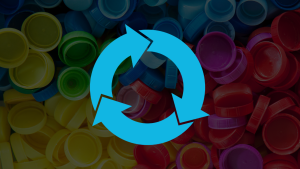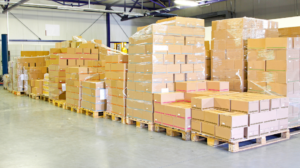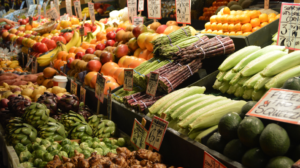The gift-card conundrum: Convenience with an environmental cost
In our callout for greener gifting ideas, some readers suggested gift certificates for things like a show, a restaurant or, more traditionally, a store.
Gift cards can be a great last-minute option, and they’re very popular — in fact, they were the most popular holiday gift in a recent online survey of Canadians, more than half of whom planned to buy gift cards for their loved ones.
But they, too, have an environmental impact. Many gift cards are made of PVC plastic, which is hard to recycle and isn’t accepted by most recycling systems.
While they’re small and slim, their popularity means they add up — in 2014, two billion gift cards were purchased in the U.S. alone, according to an estimate by the consulting firm A.T. Kearney.
Giftrocket, a company that offers e-gift cards, estimates that each physical card contains about five grams of PVC and generates 21 grams of CO2. That means in total, gift cards created 10,000 tonnes of PVC waste and 42,000 tonnes of CO2 in the U.S. alone in 2014.
So, what to do? Here are some options:
- Some retailers, like Starbucks and Whole Foods, offer recyclable cardboard gift cards (see above photo).
- Many others offer gift cards that can be printed onto a sheet of paper.
- E-gift cards can be sent via email and printed out or redeemed online or from your phone.
- Some small businesses just keep a note of credit that you can redeem when you get to the store.
- If you have a plastic gift card that you’ve already spent, you can often reload it and re-gift it to someone else.



